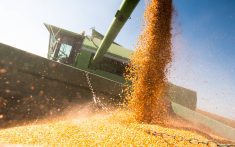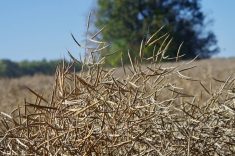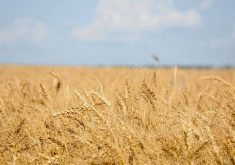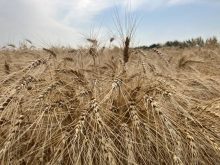A small hamlet in southeastern Saskatchewan will be the base for a prominent Swedish planting and tillage equipment maker to set itself up in the North American ag market.
Vaderstad-Verken AB on Thursday announced it will buy full ownership of Seed Hawk, the Langbank, Sask.-based air seeder manufacturer in which it’s held a minority stake since 2006.
Financial terms of the deal, signed Tuesday in Regina between the two privately-held companies, won’t be disclosed, Seed Hawk co-founder Pat Beaujot said in an interview Thursday.
Vaderstad CEO Christina Stark, in a release Thursday, described the deal as a “strategically important decision” for the company, as a “local presence” on the North American market is “necessary for success” here.
Read Also
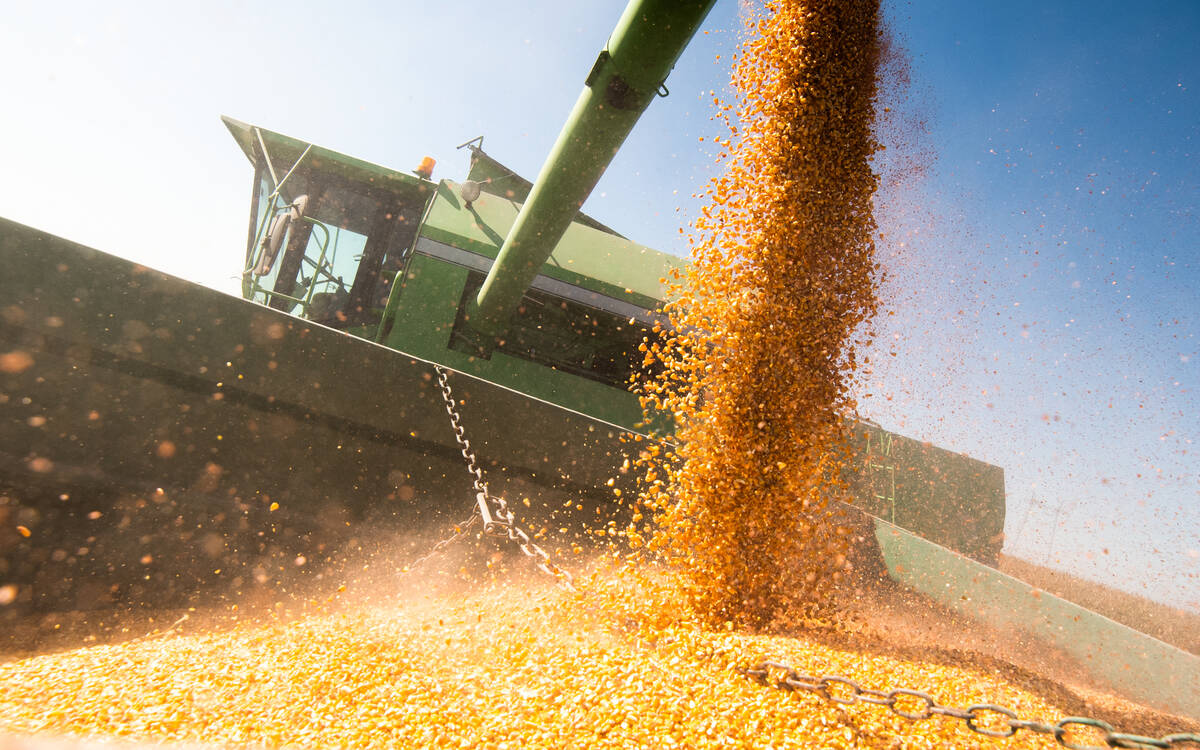
Feed Grain Weekly: Corn affecting barley prices in Lethbridge
Corn imports entering Lethbridge have lowered prices for feed barley compared to those in Edmonton.
“We are convinced that continuing growth on the world market is necessary,” she said. “Through this acquisition, we achieve geographical, technological and commercial expansion, as well as positive synergy effects.”
All aspects of Vaderstad’s North American sales, distribution and R+D will be handled from Langbank, about 150 km south of Yorkton, Beaujot said. The North American operations will be operated as a sister company to Vaderstad rather than as a daughter company, he added.
Seed Hawk will remain a separate company, with its head office and plant at Langbank. Its current general manager, Peter Clarke, will become CEO of Seed Hawk.
Beaujot and Seed Hawk co-founder Brian Dean, meanwhile, will remain on the Seed Hawk board and work on “strategic product and market development,” the company said. Stark said the continued presence of the Seed Hawk founders was “a very important part of the deal.”
Beaujot added it will be “business as usual for Seed Hawk customers, dealers and suppliers as Seed Hawk will continue to be run with its core management team.”
“Strong incentive”
Seed Hawk began with a prototype seeder and opener, built for zero-till use at the Beaujot farm at Langbank in 1992 and displayed that summer at the Farm Progress Show in Regina.
The company was incorporated that fall, named in “tribute to the hawks that follow the seeder looking for mice.”
Apart from its current expansion-in-progress, the company now operates on over 75,000 square feet of manufacturing space at Langbank and employs over 190 people, selling zero-till seeding systems in Canada, the U.S., Europe and Australia.
The deal for Vaderstad to take full ownership came together recently in a relatively short period of time, he said, noting the company didn’t want to make a major investment at the Seed Hawk property without taking controlling interest.
After Vaderstad bought its minority stake in 2006, Beaujot said he and Dean both knew they weren’t going to get in the way if Vaderstad sought to expand its business through Seed Hawk.
They felt the “cleanest” deal was for both of them to sell 100 per cent of their stakes in Seed Hawk to Vaderstad, rather than to keep a minority position, he said.
Even so, he said, “we have a very strong incentive to stay for a number of years” with the company’s executive management team.
Vaderstad’s other distribution partner in Canada, Ontario-based East-Can Equipment Sales, will continue to handle the Swedish firm’s distribution in Ontario and Quebec, but that relationship will be managed from Langbank, Beaujot said.
Vaderstad, he said, plans to work “very aggressively” to enter the U.S. market — leading with its Tempo line of corn planters, promoted as setting a “new standard” for precise and accurate planting at higher speeds.
The company plans to market its products in North America based on the strength and quality of their features rather than to try and match or undercut established North American players on price, he said.
Seed Hawk’s own expansion work, announced in May, will proceed more or less as scheduled. A 15,000-square foot plant expansion is expected to be complete in December, Beaujot said, but the next phase of that work — an 81,000-square foot expansion — may now be built closer to Vaderstad’s own specifications.
Where some North American companies might just throw up a shed-like steel building for such an expansion, Beaujot said Vaderstad’s European-style factories are designed for 50 to 100 years of active use and are usually more “visually appealing.”
Vaderstad’s roots date back to 1962, when company founder Rune Stark developed a steel tine harrow for use on his farm. The Stark family business expanded into cultivators by 1968 and direct drills in the mid-1980s.
The company is now run by Stark’s four children and includes 12 subsidiaries with a total workforce of over 1,000 people, marketing in over 40 countries with sales of about US$300 million.
— Dave Bedard is news editor for the AGCanada.com Network in Winnipeg.
Related stories:
Seed Hawk preps for more plant expansions, June 6, 2013
Sask. seeder maker plans more plant expansions, Feb. 3, 2010



